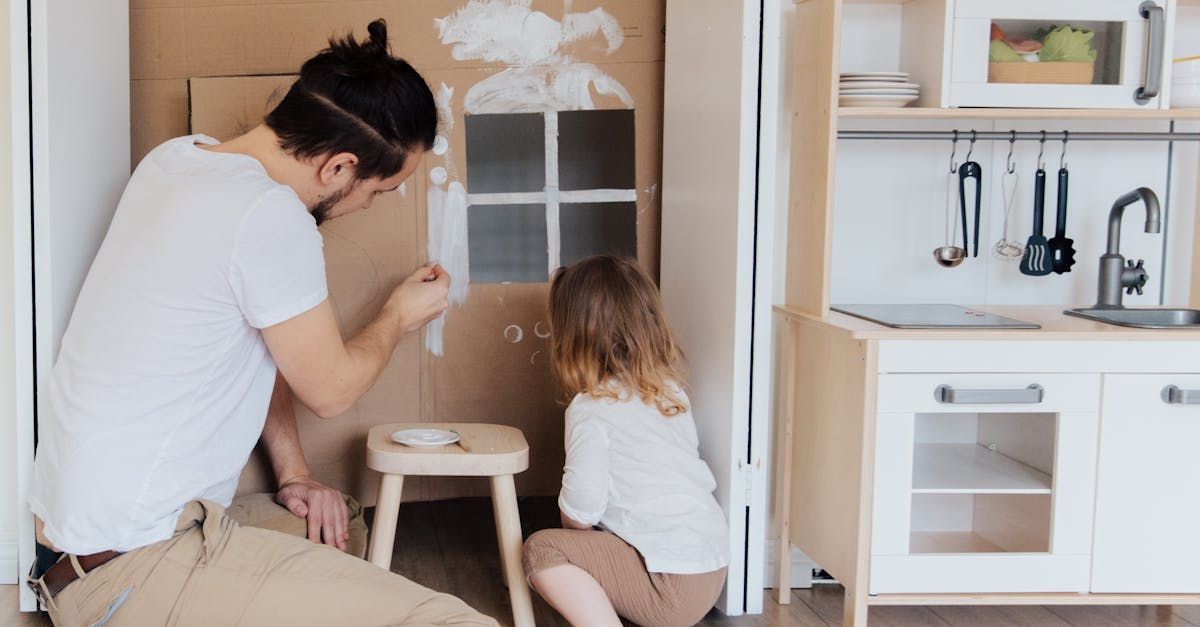What Are Automatic Orders?
Automatic Orders are intended to maintain the status quo while a divorce case is pending. The Automatic Orders restrict each party’s ability to transfer assets, terminate insurance coverage, spend inappropriately, incur unreasonable debts. For the plaintiff, the Automatic Orders go into effect once the Complaint is signed. The Automatic Orders are attached to the Writ, Summons, and Complaint and go into effect for the defendant when he or she is served. The Automatic Orders remain in effect during the entirety of the case unless you and your spouse agree in writing or obtain a court order to the contrary.
How Do the Automatic Orders Affect the Parties’ Finances?
The Automatic Orders prevent the disposition of assets during the case.
Meaning:
- Parties cannot sell, transfer, encumber, conceal, assign, or remove any assets held by the parties, either jointly or individually, during the case absent agreement between the parties or a court order to the contrary.
- Parties cannot incur unreasonable debts, including further borrowing against a home equity line or incurring credit card debt.
- Parties cannot change the terms or named beneficiaries of any existing insurance policy or let any existing insurance coverage expire, including medical, dental life, automobile, homeowner’s or renter's insurance.
The Automatic Orders, however, do not prevent you and your spouse from paying usual and customary household expenses or from paying reasonable attorney’s fees incurred for the dissolution action.
How Do the Automatic Orders Affect The Parties' Children?
The Automatic Orders also affect the parties’ children.
Meaning:
· Neither parent may permanently remove the minor child from Connecticut without the written consent of the other parent or a judicial order permitting the parent to do so.
· Neither parent shall remove the children of the marriage from the existing medical, dental, and hospital insurance. These existing insurance policies are to be maintained throughout the case.
· If the parents live apart, both shall assist the children in having contact with both parents, consistent with past practices.
· If one party chooses to vacate the family home, that party shall notify the other party of his or her new address.
· Both parents shall participate in the parenting education program within 60 days of the return date.
How Do the Automatic Orders Affect the Shared Marital Home?
If you and your spouse are living together when the Automatic Orders go into effect, neither one of you may prevent the other from using your primary residence, whether it is rented or owned. In other words, neither you nor your spouse can change the locks on the home to prevent the other spouse from entering the home once the case begins. If you want your spouse to leave the marital home, but he or she refuses, you also have the option of filing a motion asking that you have exclusive use of the home during the pendency of the case.
What Happens if My Spouse Violates an Automatic Order?
If your spouse violates one or more of the Automatic Orders during the pendency of the divorce case, your remedy is to file a motion for contempt, asking the court to punish your spouse for the violation and to remedy the violation. If your spouse is found in contempt of the Automatic Orders, the court may order him or her to pay the attorneys’ fees you incurred for filing the motion for contempt.
Contact Us Today for More Information
Family cases can start with high emotions. The Automatic Orders can help put in place certain parameters, bringing some structure and order throughout the case. For more information or discuss your situation, please contact us to set up a consultation today.
Family Cases in & Around Westport, Darien, Greenwich, Stamford & New Canaan, CT
Contact Us









